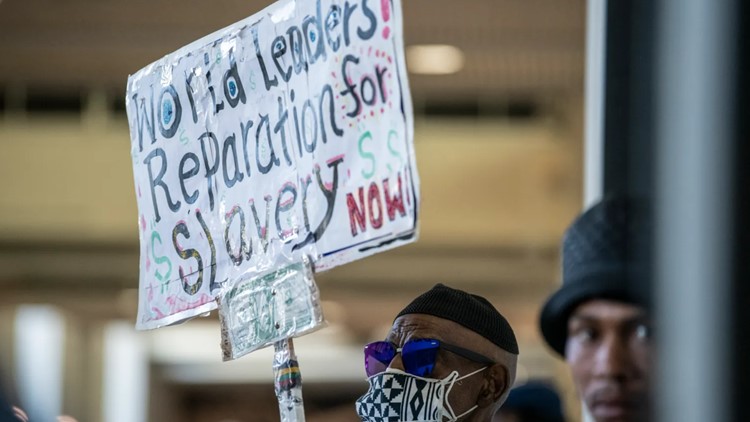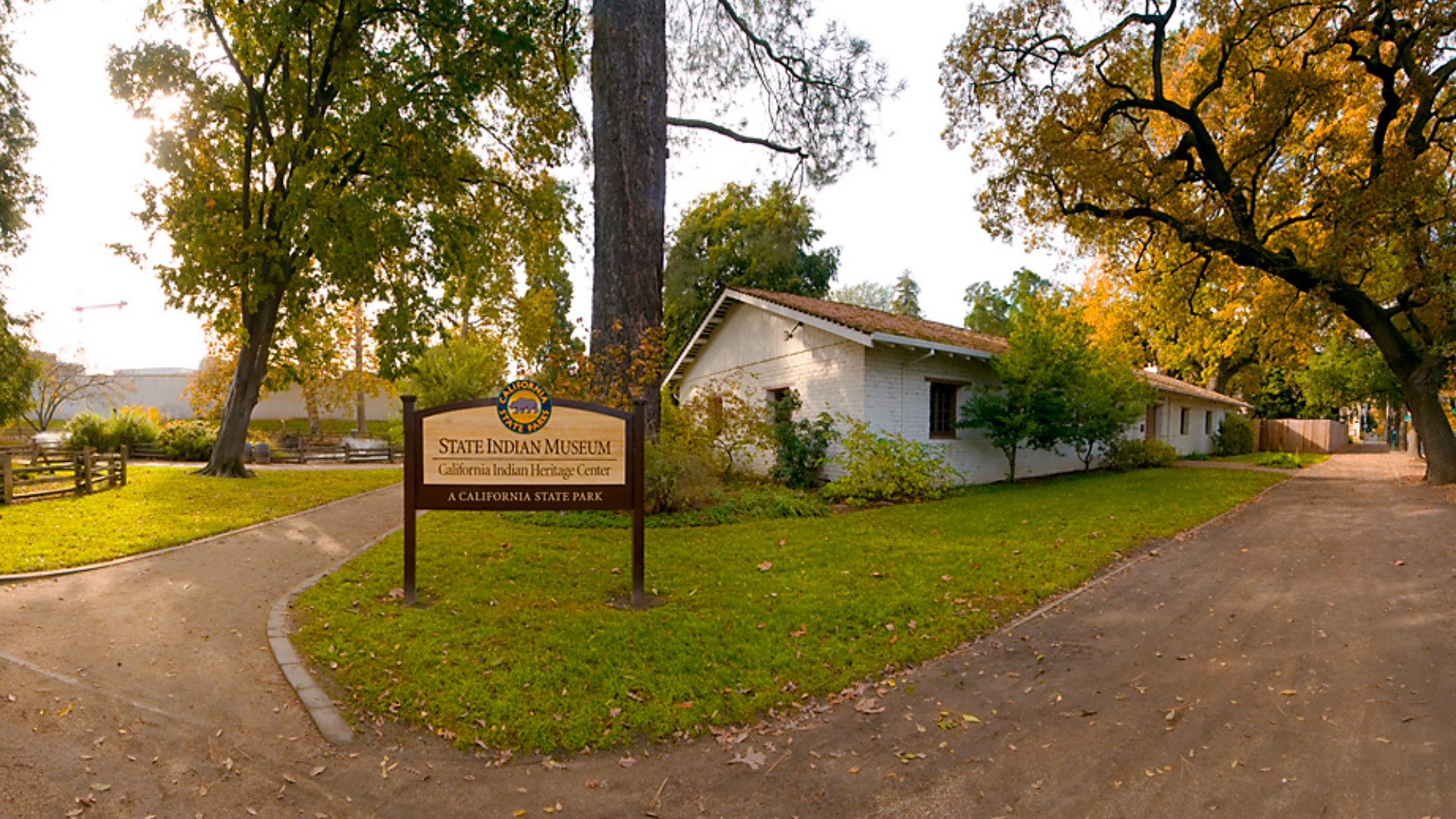SACRAMENTO, Calif. — Last week, the California Reparations Task Force held meetings in San Diego. During the hearings, Sacramento’s mayoral team discussed their reparations pilot project.
Sacramento is following suit as cities across the country are starting to push for reparations at a local level including San Francisco, Oakland and Los Angeles.
Ahead of the hearing, ABC10 spoke with Kelly Fong Rivas — a senior advisor for mayor Darrell Steinberg whose primary focus is racial equity, public health and safety — to learn more about the mayoral initiative.
“I think it's really important for any city to have a reparations program,” said Rivas. “I think for Sacramento, it is also a little more important because we are the capital city of California, a state that is taking this on statewide and it's important for us to show our community that we are so proud of, that we always talk about being so diverse, that we do take seriously our history and the importance of reconciling those harms that have happened.”
In June of 2021, Sacramento Mayor Darrell Steinberg was invited to join the newly formed MORE Coalition [Mayors organized for Reparations and Equity]. That same month, the Sacramento city council adopted a resolution supporting Assembly Bill 3121, a statewide task force to study and develop reparation proposals for African Americans.
The MORE Coalition is committed to racial and economic justice and is comprised of mayors from across the country who are working towards reparations for Black Americans at the city level. Rivas said the coalition has helped Steinberg's office inform their efforts to compensate Black residents affected by local systematic racism.
“Reparations can be a really complex topic, especially when you're talking about it at the federal level, or at the state level here in California, or like for us, what does that look like at a local city government or municipal level,” said Rivas.
She said that for reparations to work at any level there must be a specific argument and point of harm.
This is demonstrated by places like, Evanston, Illinois, the first city in the country to fund reparations for Black residents. Their local reparations program provided grants to African American families who experienced housing discrimination at its peak. The funds support home ownership, improvement and mortgage assistance.
“In Sacramento, we are looking at those specific points of harm that our government has either by policy, design, various decisions done that has specifically impacted [the Black] community,” said Rivas.
She said that could look like addressing the longstanding impacts of redlining, the redevelopment in the West End that pushed out communities of color, or imminent domain.
An important aspect of Sacramento’s reparation efforts is ensuring that the community is at the center of this process to help guide any recommendations, as well as offering trauma informed and culturally sensitive resources to help people who are re-exploring these “very painful histories.”
Currently, the reparation efforts are just a mayoral initiative so while the mayor is in support of the program, it has not gone to the Sacramento city council beyond a resolution supporting the work of the statewide commission. Rivas said they plan to gain more support so this becomes a city priority.
Their focus right now is making sure that they are providing a strong foundation for the community to come together and be part of this reparative process.
If you would like to get involved there are a few ways. The city is currently leading the African American Experience Project, they are looking for oral histories from Black Sacramento residents.
“[We’re] collecting stories of people who actually lived through various points of time where there have been things that have displaced residents, to be able to tell the stories about what happened, who may not be captured in the census data or the newspaper stories,” said Rivas. “It's essential for us to really fill in those gaps to understand how we can work together to help repair harm.”
You can visit their website HERE or contact them directly at AAE@cityofsacramento.org.
If you’re interested in learning more about reparations, you can attend meetups hosted by local community organizations such as Coalition for a Just & Equitable California (CJEC) and Sacramento NAACP.
The next California Reparations Task Force meeting, focused on statewide efforts, will be held in person March 3 and March 4 in Sacramento, California.
WATCH MORE ON ABC10: 'OURstory: The Black History Musical Experience' set to premiere in Sacramento



